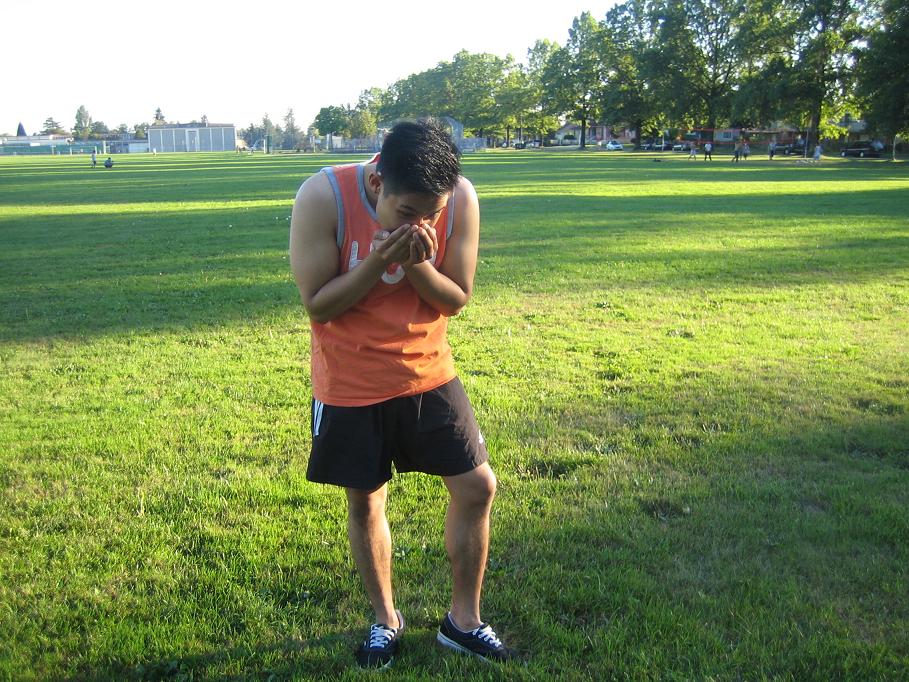Hay fever is considered as a prevalent allergic condition that affects many individuals all over the world. The typical indications of hay fever include itchy eyes, sneezing and a runny nose.
An individual will experience the symptoms of hay fever if he/she is highly sensitive or allergic to pollen. Take note that pollen is a delicate powder generated by plants as component of the reproductive cycle. Pollen is comprised of proteins that are capable of causing irritation to the eyes, nose, throat and sinuses where they end up swollen and inflamed.
Many individuals claim that their symptoms tend to improve as they get older. Almost half of these individuals notice some improvement in their symptoms after several years. The symptoms eventually disappear in some individuals.
Management of hay fever

Even today, there is still no cure for hay fever, but many individuals can manage the symptoms with several treatments to a certain extent. An effective way to control hay fever is to avoid exposure to pollen. However, it is hard to completely avoid pollen especially during the summer season when many spend most of the time outdoors.
The treatment for hay fever includes antihistamines that work by preventing an allergic response and corticosteroids which work by minimizing the inflammation and swelling.
The condition can often be managed with over-the-counter medications. Nevertheless, if the symptoms are quite upsetting, it is best to set an appointment with a doctor since prescription medications are needed. As for severe or persistent cases, immunotherapy might be an option which involves administration of small amounts of pollen over time to establish resistance. Nevertheless, this can take months or even years to work.
Who are at risk?
Hay fever is one of the common allergic conditions affecting millions. Hay fever can develop at any age but it typically starts in childhood or during the adolescent years. The condition is quite common in boys than girls. Among adults, both men and women are equally affected. An individual is more likely to develop hay fever if he/she has a family history of allergies especially eczema or asthma.
Self-care measures
It is possible to prevent the symptoms of hay fever by taking into consideration basic precautions such as the following:
- Use wraparound sunglasses to prevent pollen from entering the eyes while outdoors.
- Take a shower and change clothes after staying outdoors to remove any remaining pollen on the body.
- If possible, stay indoors if the pollen count is elevated.
- Apply a small dab of petroleum gel on the opening of the nose to ensnare any pollen
What are the possible complications?
Even though this condition does not pose as a threat to overall health, it can lead to a detrimental impact on life. In severe cases, hay fever can affect productivity at work or at school.
The inflammation of the sinuses is a complication of hay fever. In some children, they develop middle ear infections due to hay fever.

